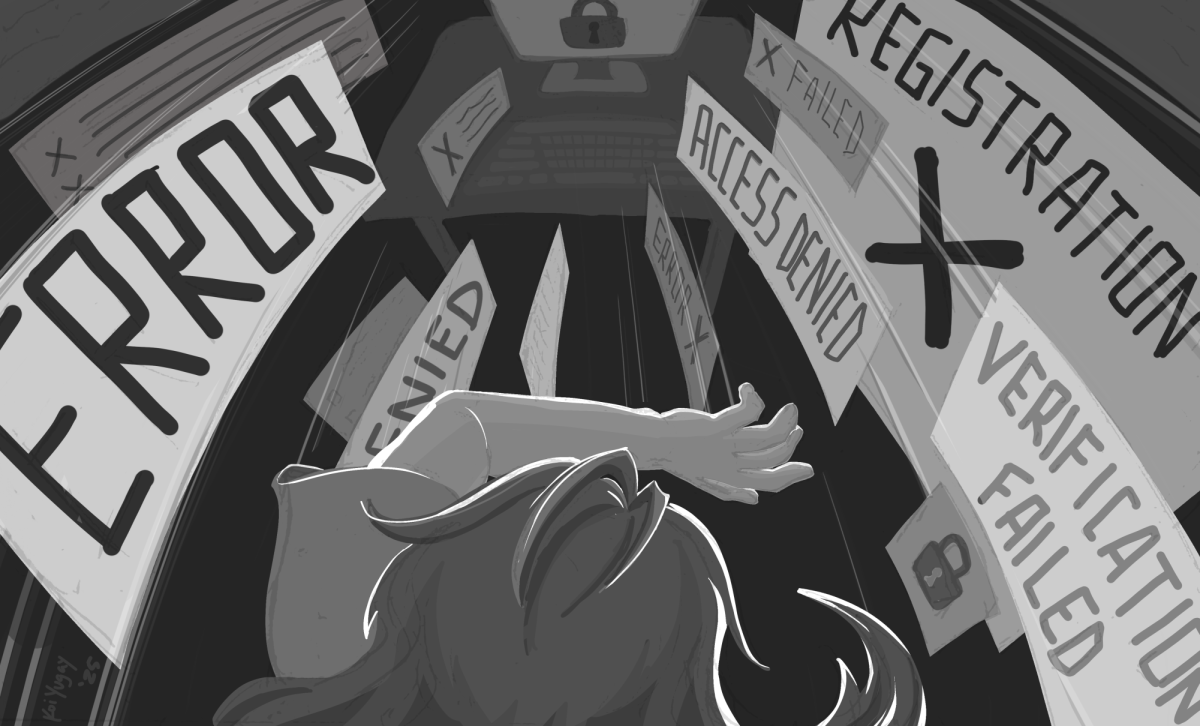Online classes provide a great opportunity for students who are unable to attend classes regularly. These classes are very convenient as opposed to attending classes on campus, thus freeing up time for busy students.
Unfortunately for instructors, several issues arise with online courses, the most prevalent being the matter of whether are not students are actually taking the classes themselves.
The problem begins and ends with the students. Instructors do not know if the students who registered for the online class are actually taking the class, as they have no reliable method to monitor online students enrolled in their classes.
A student can very easily pay someone else to complete the coursework for them, as well as purchase essays and test answers and turn them in as their own work. With the right amount of money and the proper connections, a student can get through a class with doing virtually no original work.
Although some instructors use methods such as mandatory online quizzes, discussions and Turnitin.com, a Web site that can detect plagiarism, these methods alone are not enough to completely prevent fraud.
Ideas proposed by instructors include having each student use a web cam have been mentioned as evidence of a student’s participation.
This would require a mandatory meeting time for the class, thus removing one of the great advantages of taking an online class.
As a student, your integrity is at stake because the work you turn in is a reflection of you. By not turning in original work, students are not only cheating the class, but they are cheating themselves as well.
The consequences of cheating and getting caught far exceed those of failing the class. Plagiarism is a serious matter and can lead to expulsion.
Cheating instead of studying and working hard for a better grade would be the real crime.






